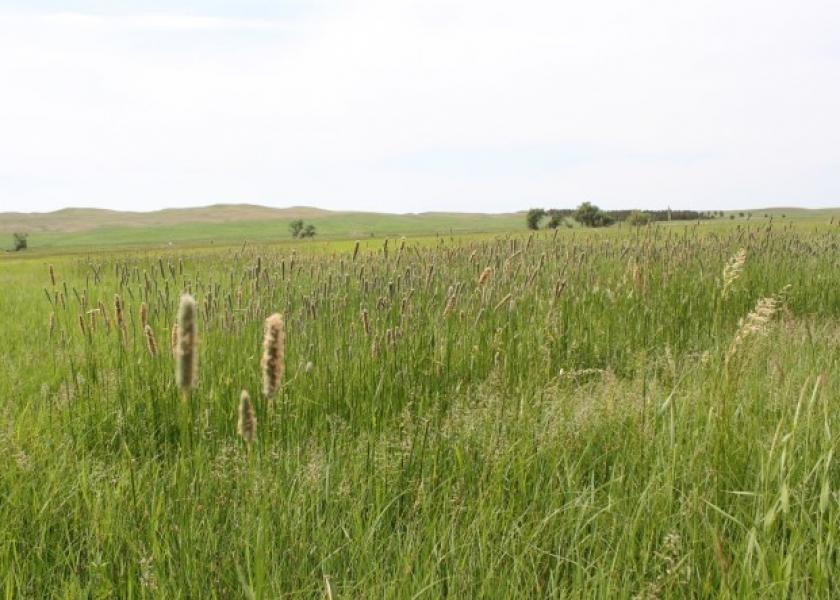Why is Lime Important?

Depending on what your soil pH is it might be time to add some lime.
By: Gary Bates, Professor and Director, University of Tennessee Beef and Forage Center
We often spend a lot of time discussing fertilizer and its importance in forage production. Then we make the statement “lime and fertilize based on a soil test” without really talking about the importance of lime. Adding lime to the soil results in an increase in the soil pH. This increase in the soil pH is what has the impact.
Review on soil pH
The pH scale runs from one to 14. A pH of seven is neutral. As the pH goes up from seven, the soil is more basic (or alkaline). As the pH goes down from seven, it is more acid. In Tennessee and the Southeast, our soils tend to naturally be acidic. Our soil types and environmental conditions are such that normally soils will be in the pH range of 5.6 to 6.0. But adding fertilizer causes the soil to be more acid, driving the pH further down.
Why is soil pH important?
Soil pH is important because it influences the availability of various elements in the soil. Some of the important nutrients, namely nitrogen, phosphate and potash, become less available to plant roots as the pH drops below 6. These nutrients get bound to soil particles instead of being in the soil water. This makes them unavailable for uptake.
There are other elements, such as aluminum and manganese, which are toxic to root growth. At a pH close to seven, these nutrients are not much of a problem because they are bound to soil particles. But as the pH drops below 6, these elements get released into the soil solution, ultimately interfering with root growth. In a nutshell, as the pH drops below 6, the good nutrients are bound, the bad nutrients are released, and we’ve got a mess.
How do you correct soil pH issues?
Agricultural limestone is the chemical calcium carbonate. The carbonate in the lime chemically reacts with hydrogen ions in the soil and result in an increase in pH. In Tennessee, our goal for most forage crops is a pH of 6.5. Everyone needs to take a soil test once every three years to track the pH of your fields.
There is no need to try and raise soil pH above 6.5. Our soils require a large amount of lime for that, making it economically a bad idea. Research has shown that keeping pH close to 6.5 is good enough for most of the crops we grow.







